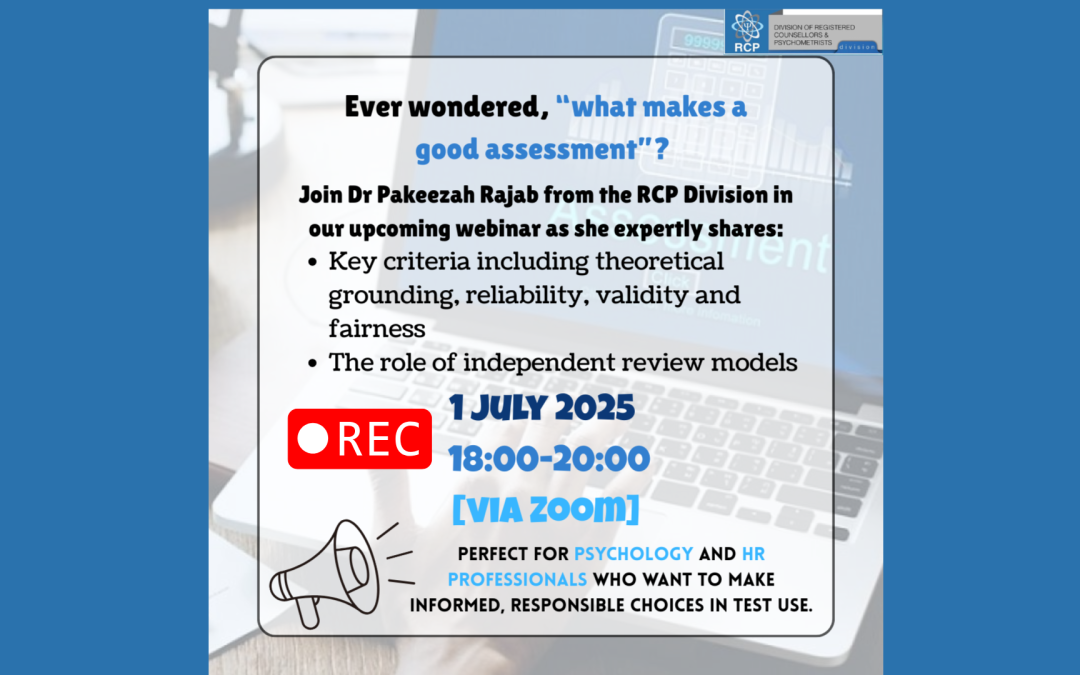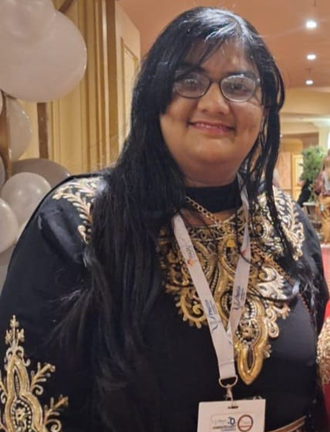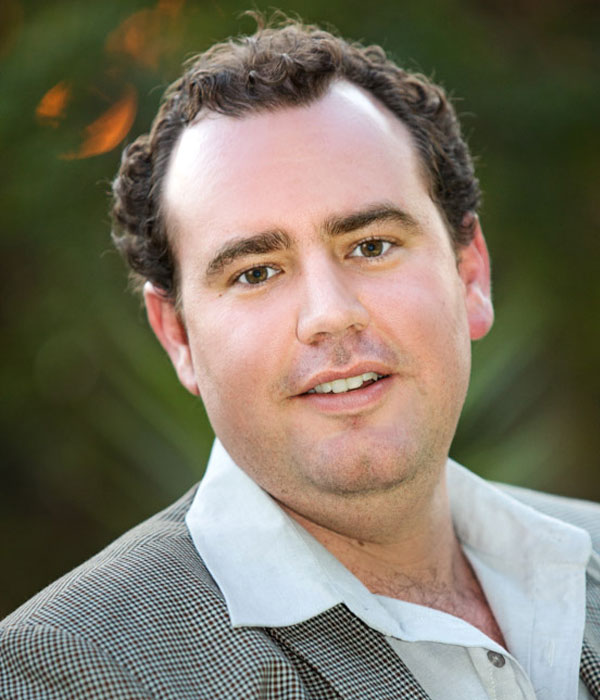
RCP Webinar: What Makes A Good Assessment – Recording Out Now!
Did you miss the RCP Webinar: “What Makes a Good Assessment?”
Catch up on this insightful, ethics-focused session designed for psychology and HR professionals.
Guest Speaker: Dr Pakeezah Rajab
Gain practical insights into what defines a high-quality assessment in professional practice.
Abstract
Not all assessments are created equal — and as registered HPCSA professionals, it’s our responsibility to know the difference. Join us for a practical webinar exploring what makes an assessment scientifically sound and ethically usable. We’ll cover key criteria like theoretical grounding, reliability, validity, and fairness — plus discuss the role of independent review models like those from ASSA and EFPA. Perfect for psychology and HR professionals who want to make informed, responsible choices in test use.

Dr Pakeezah Rajab
PsySSA & RCP Executive Member
Pakeezah Rajab is a HPCSA-registered Research Psychologist and Psychometrist, employed as the Senior Researcher at JVR Psychometrics. Her PhD topic (University of Pretoria) was non-intellectual factors that influence mathematics performance in South Africa. She has experience applying psychometric results to a variety of contexts, including schools, private practice, higher education, and corporate environments. Pakeezah has worked on numerous projects that developed, validated and/or standardised assessments for use by the South African population – including aptitude, personality, values, career guidance and emotional intelligence. Her research interests include cognitive functioning, student performance and assessment development.















